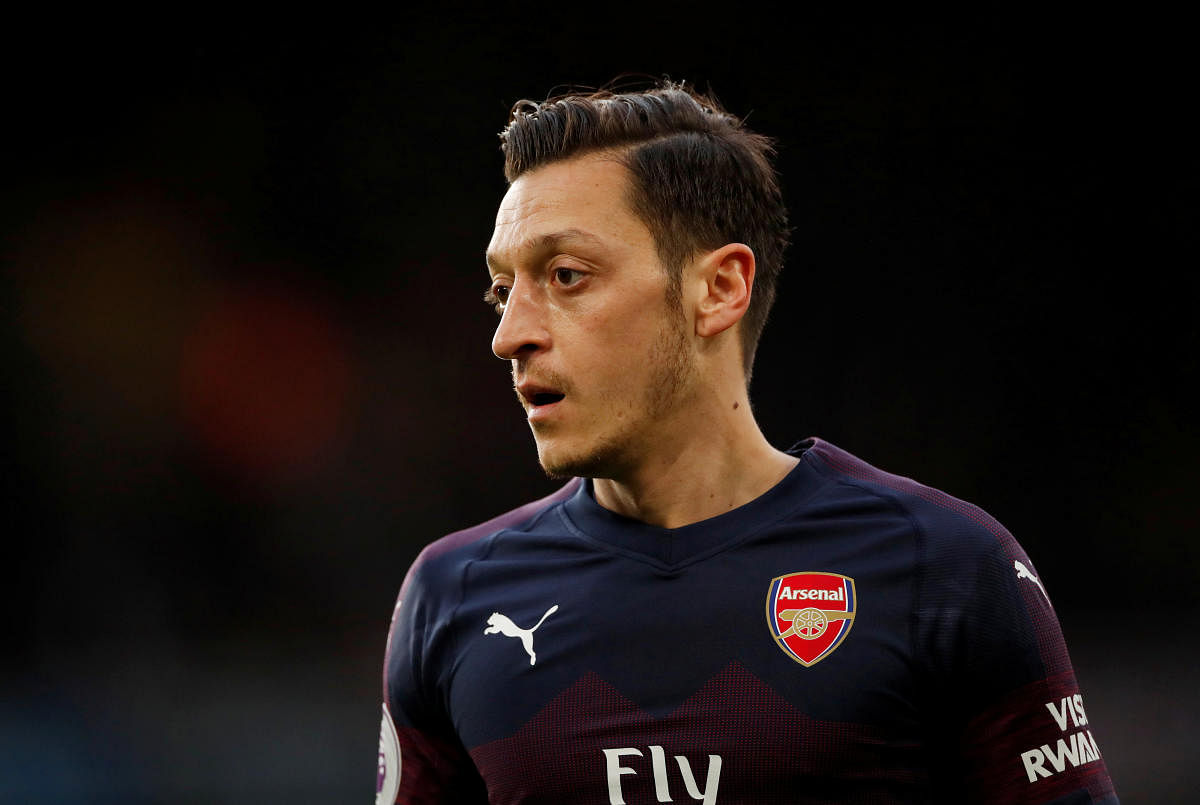While receiving the medals during the ceremony at the 1968 Mexico Olympics, black American athletes Tommie Smith and John Carlos, who had won gold and bronze medals, respectively, in the 200-metre race, did something extraordinary. Standing on the podium with their heads bowed and their black gloved fists raised to the sky, they performed the “black power salute” as the US national anthem “the star-spangled banner” played. Through the “black power salute”, which Carlos decades later clarified as a “human rights salute,” the athletes were protesting the treatment of black Americans in the US.
This demonstration is regarded as the bravest political statement in the history of Olympics. The International Olympic Committee viewed the gesture as a deliberate breach of the spirit of Olympics and both athletes were expelled from the games. Back home, the actions of the athletes were dubbed as ignoble and juvenile. They were also abused and ostracised by the sporting community. Sportspersons taking a stand on political issues or airing their views is not new and is largely frowned upon by society. Cut to 2020, nothing much has changed.
Take the case of the German midfielder Mesut Ozil, who joined the English Premier League club Arsenal. For the record, Ozil, who had joined the Gunners in 2013 from Real Madrid, had been instrumental in Germany’s triumph in the 2014 FIFA World Cup. He had been voted by fans as the team's ‘player of the year’ five times since 2011. He had also helped the Gunners win the FA Cup a couple of times. He is also one of the highest paid footballers, earning about 350,000 pounds per week.
However, Ozil has not played a single game since March 2020 and has recently been excluded from the squad for the Premier League as well as the Europa League. His fault: The tweet he posted in December 2019 criticising the Chinese government over its treatment of Muslims in Uighur. Arsenal knew that there would be a backlash in China and that it could not afford to spoil its brand in the huge Chinese market. The club quickly distanced itself from Ozil’s statement. Its press release said, “The content published is Ozil’s personal opinion. As a football club, Arsenal has always adhered to the principle of not involving itself in politics.” Not just that, when the club sent its materials to China to celebrate the Chinese New Year, it made sure to remove Özil from all the merchandise.
A few months back, Arsenal had sacked Jerry Quy, a loyal fan who, dressing up as ‘Gunnersauras’, was the club’s much-loved mascot for 27 years. Ozil tweeted that he felt sad at the sacking of their loyal and famous mascot and offered to reimburse the salary of Jerry Quy as long as he would be playing for Arsenal. Again, this gesture did not go down well with Arsenal. Earlier in April, Ozil had refused a pay cut when the club had asked their players to help the team save money during the Covid-19 shutdown. Ozil came in for a lot of criticism on social media. The fact is, none of the other big premier league teams had forced their players to take such pay cuts. While the club spent millions of pounds on signing on new players like Willian, Gabriel and Thomas Partey, it made 55 of its support staff redundant, citing a funds crunch.
Ozil is not new to controversies. After Germany’s disastrous group stage exit from the FIFA World Cup in Russia in 2018, he announced his retirement from international football as he felt he had been a victim of racism and disrespect because of his Turkish roots and his earlier controversial meeting with the Turkish President Recep Erdogan. Ozil was conveniently made the scapegoat for Germany’s exit from the world cup. In a statement, Ozil said “In the eyes of (German Football Association) President Reinhard Grindel and his supporters, I am German when we win, but I am an immigrant when we lose.”
He was also criticised when he married his girlfriend, former Miss Turkey Amine Gulse, in June 2019 on the banks of the Bosphorus in Istanbul with Erdogan, himself controversial and criticised for his regime’s violations of human rights, as his best man. The German public was furious.
Despite the controversies surrounding him, Ozil is also one of the most generous footballers around, donating millions of dollars in charity and helping the starving, sick and the homeless. On his wedding day, he fed one lakh homeless people at 16 refugee camps and shelters in Turkey and Syria. Recently, Ozil also supported Marcus Rashford’s campaign by providing free school meals for around 1,400 schoolchildren in 12 schools in North London’s Knightsbridge. Ozil’s biography, if and when written, promises to be a best-seller.
(The writer is a CFA and a former banker and currently teaches at Manipal Academy of Banking, Bengaluru)
